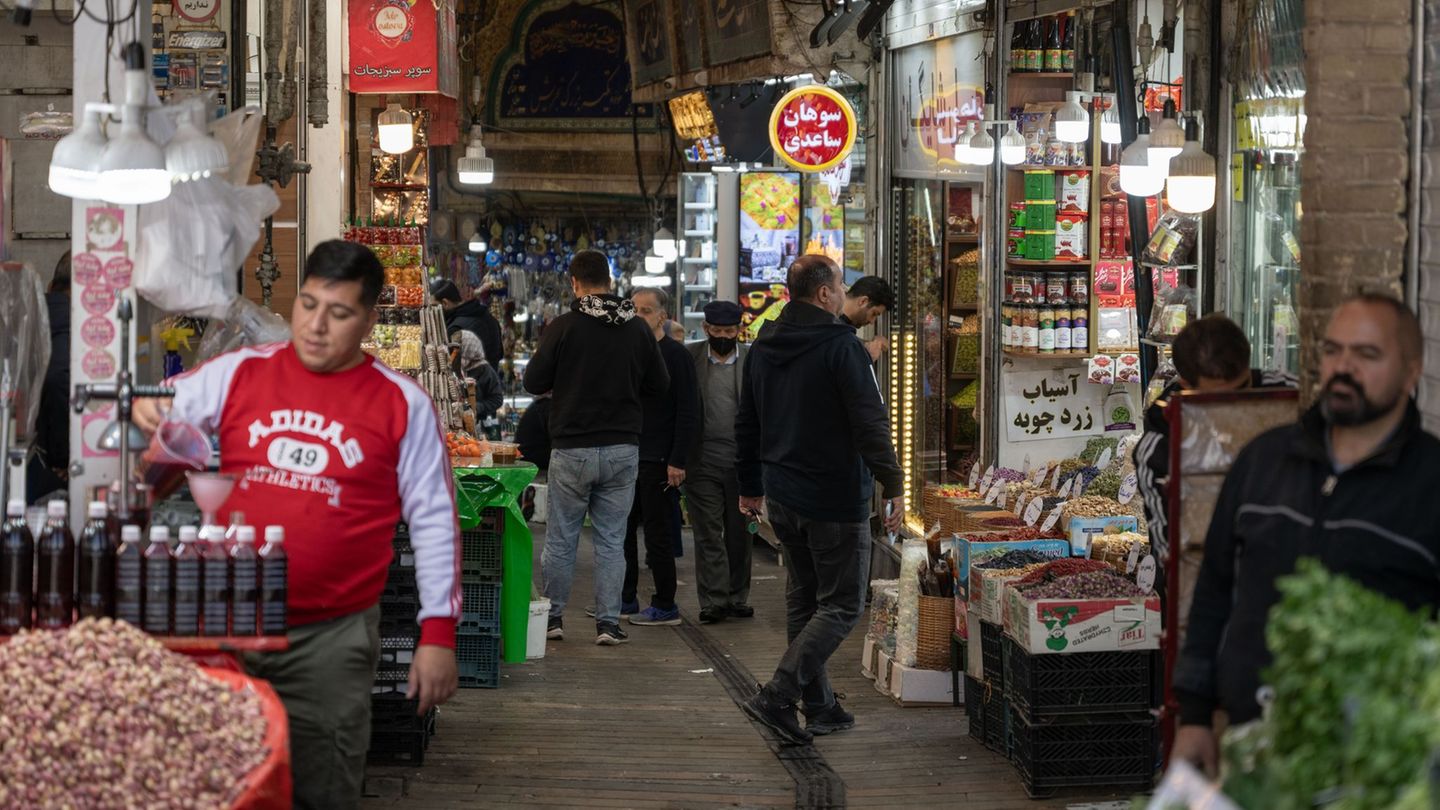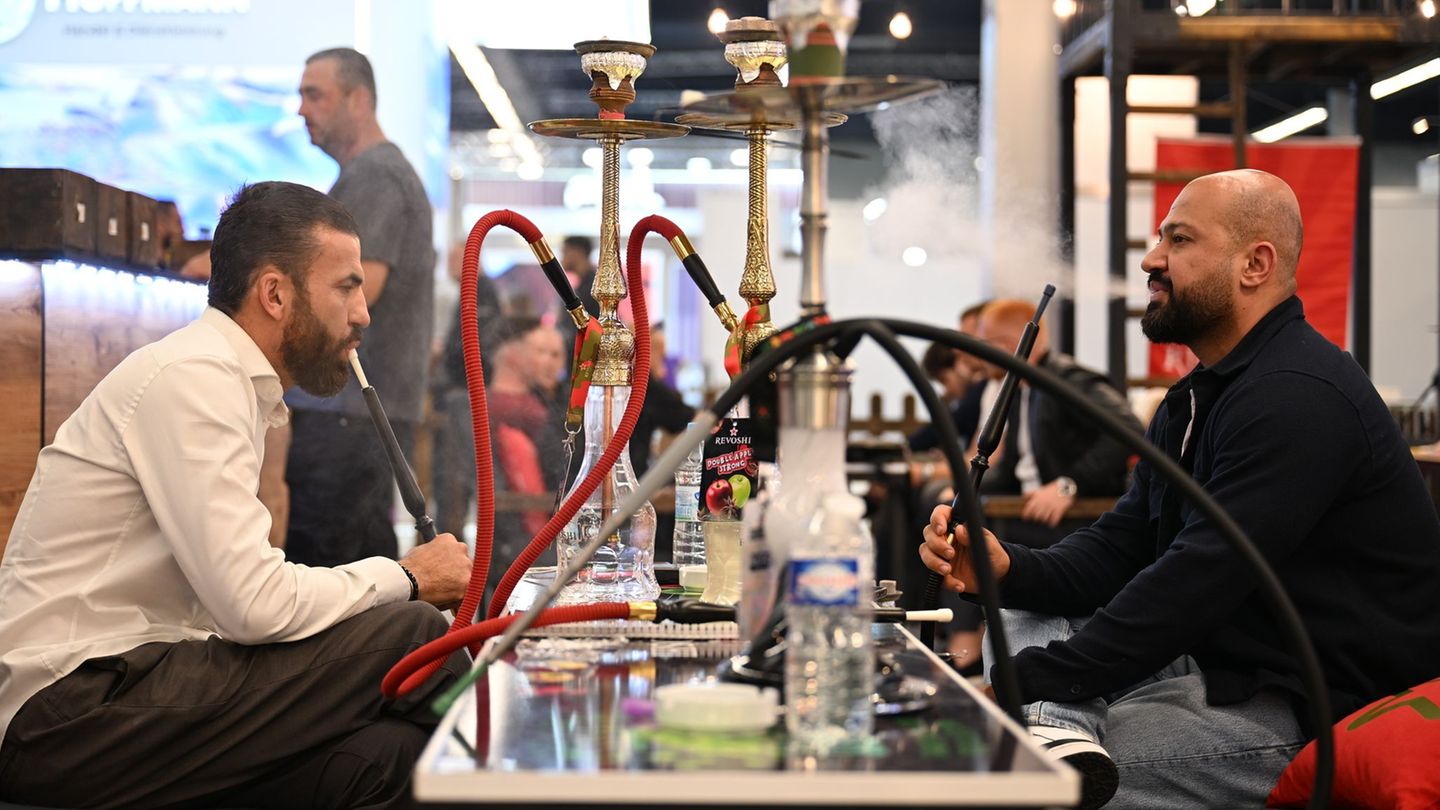Image: KENZO TRIBOUILLARD (AFP)
He was “completely in agreement,” the incumbent head of government said on Friday to statements by the new head of his VVD, Dilan Yesilgös, to the Dutch news agency ANP. Wilders spoke of “good news” in the online service X (formerly Twitter).
Rutte’s four-party coalition broke up in early July over immigration policy, and shortly thereafter the head of government surprisingly announced his withdrawal from politics. Minister of Justice Yesilgös was appointed as his successor. On Monday, the VVD nominated the 46-year-old as the top candidate for the November 22nd election.
The daughter of a Turkish-Kurdish human rights activist, who was granted asylum with her family in the Netherlands as a child, was the minister responsible for the Liberal Democrats’ increasingly tough asylum policy. She told the ANP news agency that she would not reject a coalition with Wilders’ anti-Islam party PVV.
Rutte himself became head of government for the first time in 2010 with the support of the PVV parliamentary group. Two years later, Wilders withdrew his support from the government and new elections were held.
The forthcoming election campaign is likely to be heated. The peasant-citizen movement (BBB), which was founded just four years ago and has gained strength as a result of the protests against the Dutch climate protection plans supported by the EU, also wants to win in the national parliamentary elections after a clear electoral success in the provincial elections in March.
Source: Nachrichten




